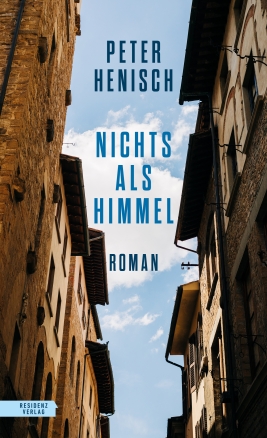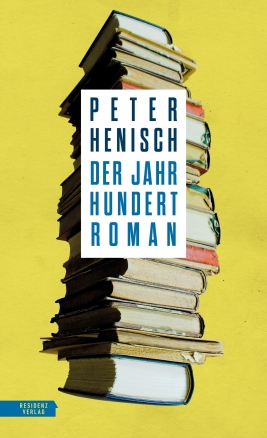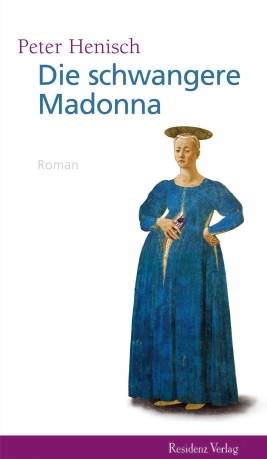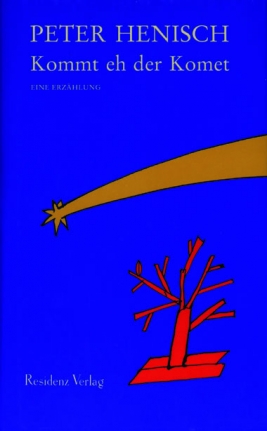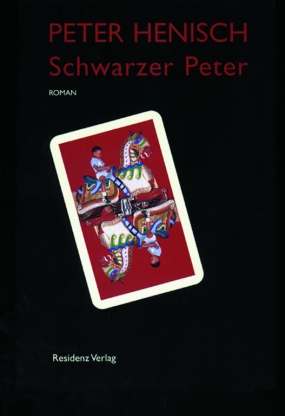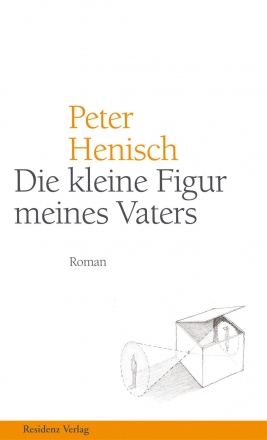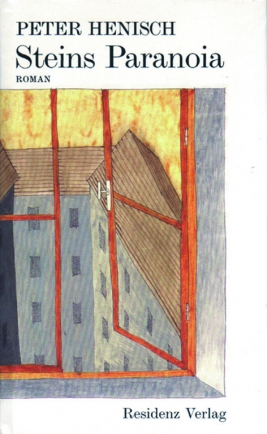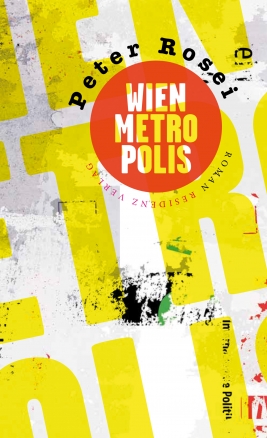
Peter Henisch - A grand finale for Novak
Novel
A novel with a big bang and full of subtle irony: funny, tragic, stunning!
Novak is a late bloomer when it comes to the wide world of emotions, which he discovers in a hospital, of all places. Because his hospital roommate keeps him from sleeping, the Indonesian nurse Manuela lends him her walkman and tapes, thus infecting him with her love of opera. After being discharged Novak somehow can’t get back into the routine of his regular, ordinary life. Manuela has opened his ears – not only to opera, but also to the annoying racket of everyday life: noise from lawn mowers, jackhammers and his wife Herta. While he continues his new of listening to opera, Herta suspects another woman behind his new passion. She’s not that far off the mark. But Manuela suddenly disappears. Was she merely an illusion on the stage of Novak’s middle-aged dreams? Or could his wife somehow be involved in her quiet disappearance? Even without her, the grand finale is a striking as an opera: cruelly dramatic.
Book details
304 pagesformat:125 x 205
ISBN: 9783701715473
Release date: 23.08.2011
License rights
- Serbia






